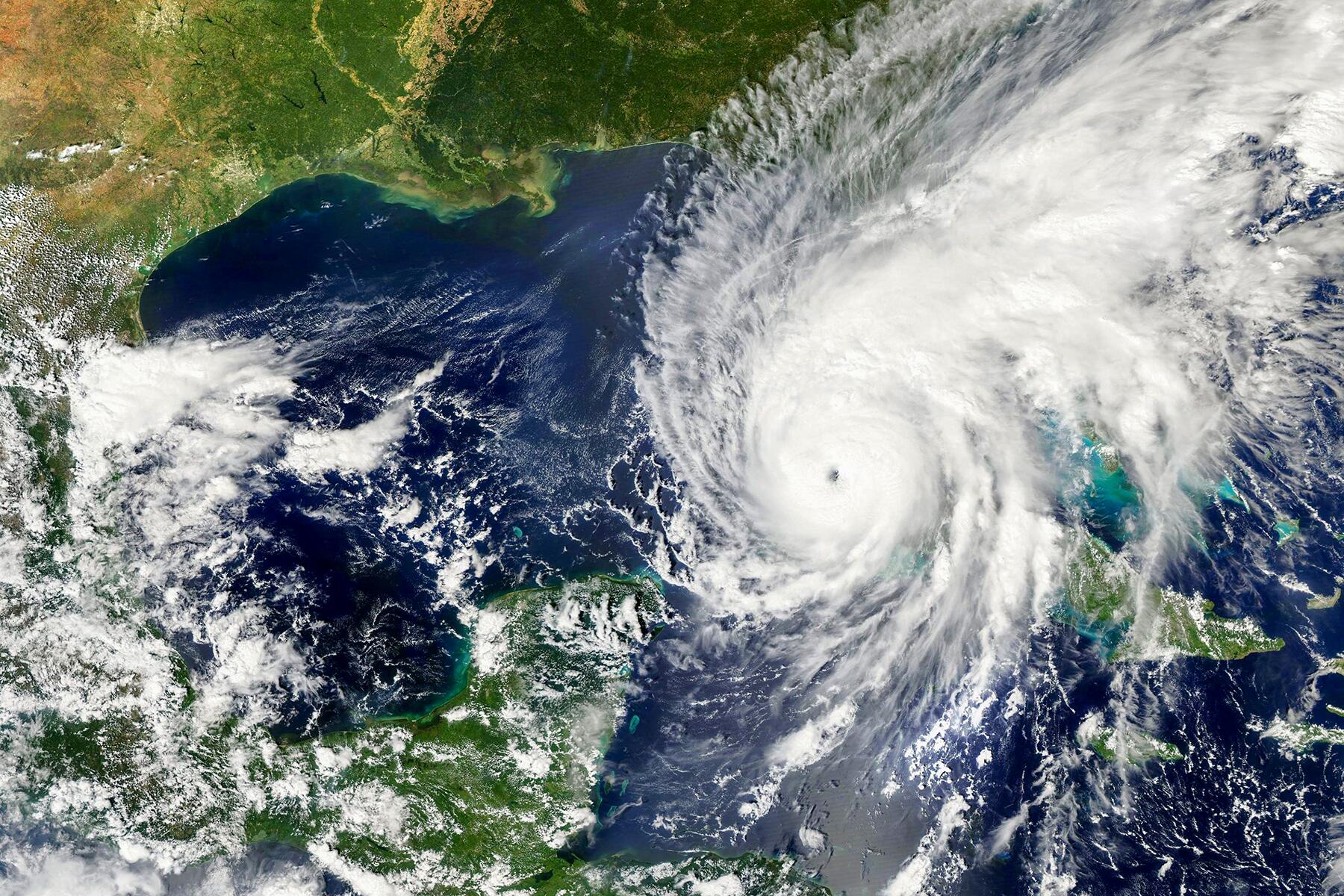The 2024 hurricane season is expected to be “above normal.”
The United Kingdom’s Foreign, Commonwealth & Development Office (FCDO) has warned British citizens intending to travel to the United States to be aware that 2024 hurricane season is expected to be “above normal”.
The FCDO is colloquially known as the Foreign Office, which analogous to the State Department in the United States, points to the US’s own National Oceanic and Atmospheric Administation (NOAA) researchers’ projections that this year’s hurricane season will be more impactful than past years. The NOAA is forecasting between four and seven major hurricanes for the 2024 season in the Atlantic as of August 8 out of between 17 and 24 named storms and between 8 and 13 storms that will develop into hurricanes.
The outlook is similar to a May guidance issued by the NOAA. The Atlantic hurricane season is generally regarded to run from June 1 through November 30 because conditions for hurricanes are most prevalent during those months.
It’s not uncommon for governments to warn their citizens about the potential for natural disasters in addition to other hazards when they intend travel abroad. The Foreign Office also warns Britons planning travel to the United States to be on the lookout for terrorist attacks, violent crime (although it notes violent crime rarely involves tourists), protests, and other natural disasters such as tornados, earthquakes, wildfires, and volcanic eruptions which can affect different regions of the country.
Continue Reading Article After Our Video
Recommended Fodor’s Video
It should be noted that the Foreign Office’s list of warnings, like those issued by many countries, is meant to be a fairly exhaustive list of all the possible hazards travelers might encounter, not a warning that any of the items listed are imminent. Nevertheless, it has chosen to echo U.S. weather observers in saying this year’s Atlantic hurricane season will run hot, although it does not call out specific regions that may be affected, saying only “coastal regions” are at risk.
The Atlantic hurricane season typically sees storms that can threaten the Atlantic and Caribbean coasts of the United States, from South Texas to Maine, although hurricanes typically lose strength roughly north of Washington DC and weaken to tropical storms by the time they make landfall at those latitudes, where the impacts can still be significant.
Travelers, regardless of nationality, may wish to consider travel insurance for their trips to the Eastern Seaboard this summer and fall because of the increased risk of hurricanes. Travel insurance typically covers losses and fees related to the cancellation of trips due to unanticipated weather disruptions. During hurricane season, insurers will typically honor policies for travel disrupted by hurricanes as long as the policies are purchased before the storms are expected to make landfall as hurricanes.
Because there is no standard U.S. agency issuing travel advisories for domestic travel, it can be helpful for many U.S.-originating travelers to check warnings issued by other countries, such as the United Kingdom, Canada, and Australia, to learn about anticipated hazards in certain regions of the country.
It’s worth noting that although the risk of hurricanes and other natural and human threats are noted by the Foreign Office, it has not cautioned against travel to the United States. Unlike the U.S. State Department, the Foreign Office doesn’t issue the four-tiered threat assessment level, instead preferring to either caution against “all travel” or “all but essential travel”, a rating it typically reserves for zones of active conflict, areas where citizens may face extreme restrictions on their civil rights, or areas where British consular assistance may be extremely limited.
Several U.S. destinations that can be affected by hurricanes are perennial favorites among British travelers, including Florida, Puerto Rico, and the U.S. Virgin Islands.

